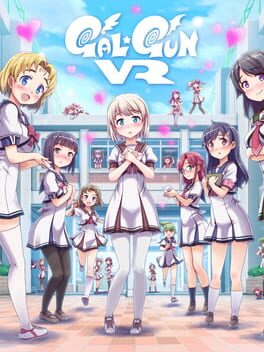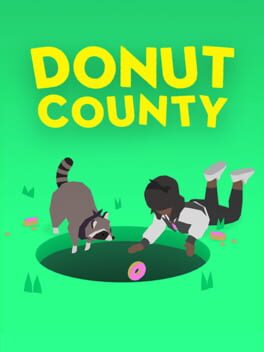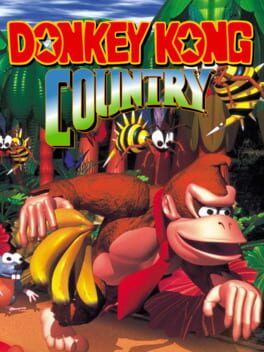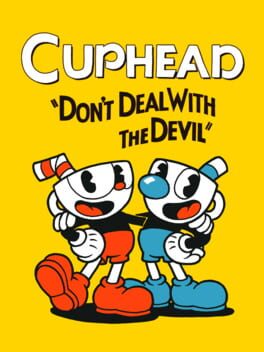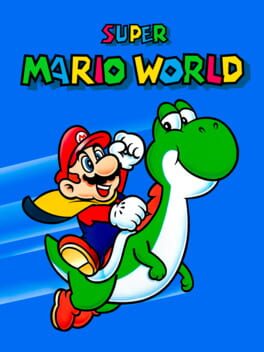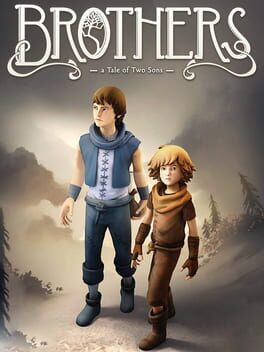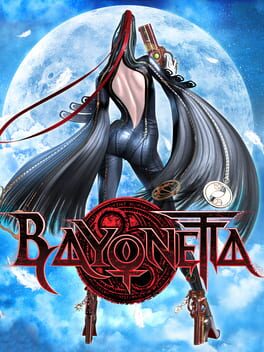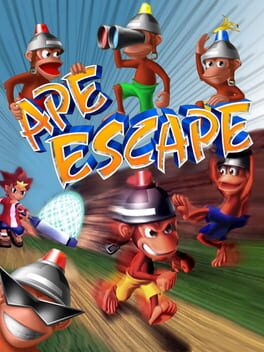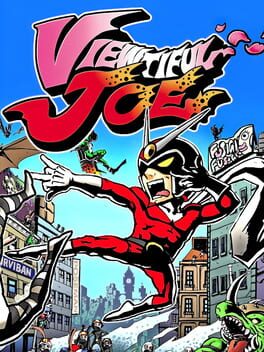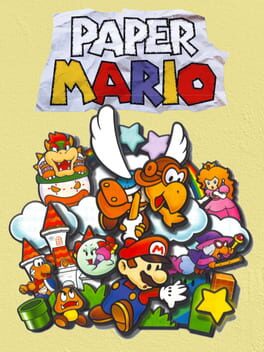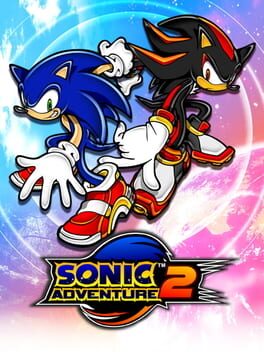jaedecell
2017
It's hilarious to me that I'm literally gonna be the first person on here to both rate and review this game. It blows and sucks. My only enjoyment came from having friends taunt me over Discord while they watched me play this garbage. There's a mode where you can hang out with your favorite girls in your bedroom, but the ways you interact with them are so limited that you may as well just be chilling with a mannequin. Just go buy actual VR porn if you wanna creep on digital women, people would probably judge you less if you did.
2012
Need to replay this, but my main memory of this game is that the meta-narrative of "You should've just stopped playing the game, maaaaaaaan," is far less valuable than it as a condemnation of the dehumanization our modern military power has devolved into with increased indiscriminate drone strikes. It additionally condemns the role of military shooters in pop culture in how they aid that alienation we experience from military violence. I imagine these aspects are only going to feel more apt with how the narratives of military shooters have only continued to morph into U.S. military propaganda machines, but I'll find out whenever I get back to it.
In some ways, Obra Dinn perfects what Pope was working at with Papers, Please. We still pry through the absolute misery and suffering of others, striving to objectively view and classify everything laid before us at the command of an uncaring bureaucracy. On the other hand, by wrapping up that moral exploration in a meticulously detailed and, thus, extremely fun game of Guess Who, it drains that exploration of the same power it had in Papers, Please. By taking away the raw numbers that you had to balance to keep yourself afloat in the latter, a detail that hammered down your place as a replaceable cog in this bureaucratic behemoth, you dampen the impact of your successes and failures.
However, when ruminating on the point of "a replaceable cog" more in my writing this, it hits me that the two games' protagonists lead strikingly different lives. They may both exist as cogs, but one of them has a more prioritized functionality, which, as a result, alienates them from the lesser cogs. Rather than seeing firsthand the individuals whose lives are constantly at risk like in Papers, Please, there's two levels of obfuscation at work in Obra Dinn. Not only are you as the player seeing mere remnants of these individuals lives, but, once you have catalogued those lives, they simply become another book for you to tuck away on a massive shelf.
However, when ruminating on the point of "a replaceable cog" more in my writing this, it hits me that the two games' protagonists lead strikingly different lives. They may both exist as cogs, but one of them has a more prioritized functionality, which, as a result, alienates them from the lesser cogs. Rather than seeing firsthand the individuals whose lives are constantly at risk like in Papers, Please, there's two levels of obfuscation at work in Obra Dinn. Not only are you as the player seeing mere remnants of these individuals lives, but, once you have catalogued those lives, they simply become another book for you to tuck away on a massive shelf.
2018
1994
2017
The best bonding experience that you could have with a partner and the strongest example of a studio going all in on emulating it's primary aesthetic influence. I don't care much for what they wanted to emulate, but it's undeniably admirable. Anyways, Dark Souls effect, got hyped up as being skullcrushingly hard, but is mostly manageable if you keep a cool head. Some bosses are that boring type of hard, where you would just prefer to press a big red button that says "I GET IT" to skip them, but the majority of them are solid.
1990
A simple exploration of communicating narrative through the act of play. I feel like there are games that have both executed some of these ideas better and have had more fleshed out explorations of those ideas; however, considering that it only takes a couple of hours and has a decent story, I'd say that it's still worth experiencing at some point.
2009
Probably the only complaint I have about Bayonetta is that it's a little bit too difficult sometimes. Aside from that, this is a perfect Video Game. The combat still hasn't been topped, even by its sequel. The spectacle is gorgeous and jaw-dropping. It has this perfect level of camp where it's both extremely aware of how silly it is, but also delivers that silliness with unrivaled earnestness. The winking is never directed at the camera to us in the audience, it's always entirely in the universe of the game. I owe Hideki Kamiya my life.
1999
The use of the analog stick for all of your various tools makes for a neat gimmick, but definitely feels of its time in how it wanted to really focus in on the new hardware. As a game outside of that, it's kinda bland. The platforming feels chunky and the collection clean-up you gotta do for the true ending is mostly a slog.
2003
The aesthetic and general vibes of Viewtiful Joe is still an absolute blast, but, in comparison to Kamiya's other works, the combat in this game hasn't aged great. Tying the sick stuff you can do and your dodging mechanic to the same meter that you have to wait for to recharge just doesn't always gel with the combat encounters Viewtiful Joe throws you into. I'm sorry, Kamiya-sensei, please don't block me on Twitter.
Aside from the actually unfinished chunks of it, it's truly impressive just how well Dark Souls has aged over the last decade, especially considering all the small quality of life improvements the series has made. I hadn't played through the entirety of this game since at least 2014 and yet, 6 years later, everything still fell smoothly under my fingers and the combat even came to me easier than it ever did back then. I finally managed to beat Manus and Kalameet, both of whom I had never been able to overcome all those years ago, and I felt That Intangible Dark Souls Satisfaction flow through me again, rejuvenating my old bones.
2000
1994
2001
I enjoyed this game a lot as a teenager. I hated it in my 20s. I feel extremely middling about it in my 30s. The music holds a special place in my heart and there are things about the story that are branded into my brain like a horrible curse. Things that I remembered being torturous a decade ago turned out to be barely mild challenges now. In some ways, that made the game more disappointing than if it had been unmitigated garbage. It still broke in the ways I remembered, but that didn't even have the same infuriating charm to it that I felt so long ago.
